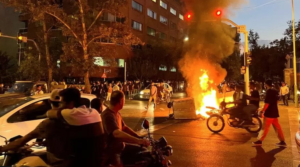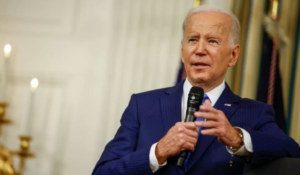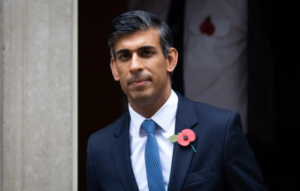Brexit: The UK has officially left the EU

Brexit
Brexit – A cause for celebration for some, a sobering moment for others. The UK formally ended its EU membership at the stroke of midnight on Friday in Brussels, 23:00 GMT in London.
A projection of a countdown clock in Downing Street marked the occasion.
Prime Minister Boris Johnson has hailed the “dawn of a new era”, promising “real national renewal” after 47 years of EU membership.
With the divorce now sealed, one chapter of Brexit has come to an end. The next, however, has only just begun.
This is where we are now.
Read Also – Defamation of Character by Unfair Victimization
What will change?
At first, not much.
An 11-month transition period has begun and the UK will largely stick to EU rules.
The really big changes will come when that transition ends. But the EU really is now a club of 27 members and not 28.
In other words, the UK stays for now in the EU’s customs union and single market. That means the same trade rules and free movement of goods and services. Freedom of movement for people stays the same and the EU’s top court still has jurisdiction.
But there will be no more British voices in the European Parliament and no British ministers at EU meetings where big decisions are made.
Instead, the UK will try to agree on a different economic partnership with the EU and forge new ones beyond.
What does it mean for me?
If you’re British you are no longer an EU citizen. But for now, you can still travel around the EU as freely as before.
The same goes if you’re an EU citizen in the UK.
But after the transition period, which the UK vows will end on 31 December 2020, immigration rules will change for UK and EU citizens.
What happens now?
The UK and the EU will use the next 11 months to negotiate a new relationship. Few on the EU side believe that is long enough, including EU Commission President Ursula von der Leyen, but Boris Johnson has vowed to do so.
Source – https://www.bbc.co.uk/news/





